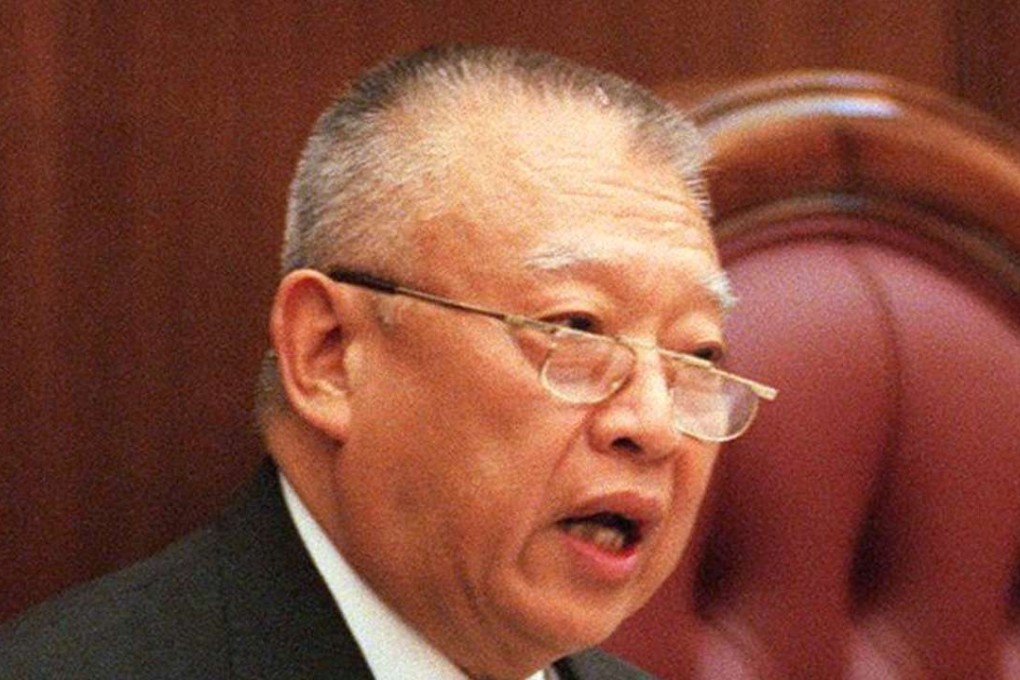Hong Kong appears to prescribe to a selective multiculturalism

We are PhD students at the Department of Social Work at the University of Hong Kong, and wish to comment on what we see as selective multiculturalism in “Asia’s world city”.
In Hong Kong, multiculturalism appears to be an asset when linked to its high socioeconomic status minorities, while it is often viewed as problematic with particular groups of ethnic minorities. Previous articles in the Post have highlighted the gap between different groups of ethnic minorities in Hong Kong.
Successful integration for non-white ethnic minorities in Hong Kong emphasises the need to strengthen Cantonese-language acquisition in order to become competitive in the market compared with other local students/talent.
Yet, ethnic minority children of highly skilled expatriates are often not met with the same stipulations.
There is an unspoken understanding for the latter, that their success in Hong Kong is not contingent upon strengthening their Cantonese skills, albeit many expatriate parents are increasingly keen to enrol their children in Putonghua/Cantonese classes to give them an edge.
Hong Kong appears to prescribe to a selective multiculturalism, which it can tap into when promoting itself as Asia’s “world” city, while falling short of enacting domestic policies in order to streamline and institutionalise multicultural policies within critical cadres of civic life, such as in its public educational institutions.